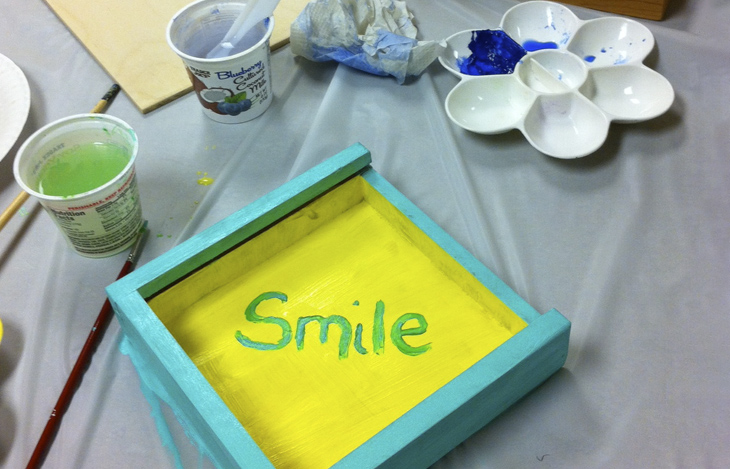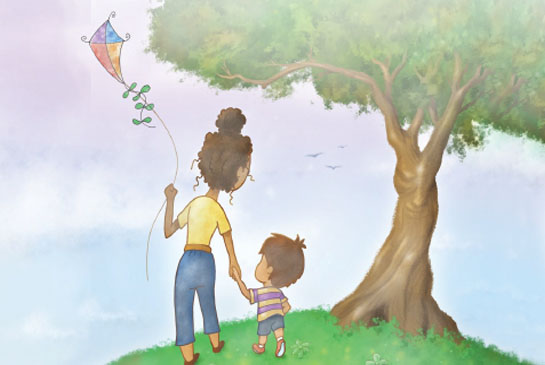How to help children say goodbye from afar

Coping with the death of a loved one
Children need opportunities to say goodbye to help them understand and cope with the death of a loved one.
There are many ways to help children say “goodbye” when visiting the hospital is not possible. It is also important for children to be able choose an idea that has meaning to them.
Ideas for helping a child say goodbye
These ideas are just a starting point. There are many creative ideas for children to remember. Ask your child their thoughts and what they would like to do to say goodbye.
- Write a letter to their loved one. They can then choose to ask a grown-up visiting the hospital to read it out loud.
- Draw a picture of their loved one. They may choose to keep it or send to the hospital to be hung in their loved one’s room.
- Write a poem or a song. Share it out loud – alone, to the family, or make a recording to send to the hospital.
- Read a book or poem that reminds them of their loved one.
- Choose a special item that belonged to their loved one that they can keep. (Parents, make sure this item is safe, durable, and age appropriate for your child.)
- Choose a piece of clothing that belonged to their loved one. Make it into a pillow so it can be held and snuggled.
- Make a list of things they learned from their loved one.
- Plant a tree, flower, or bury a time capsule.
- Make a stone garden in memory of their loved one.
- Try out an activity or hobby that their loved one used to enjoy.
- Look at photos of their loved one. Make a scrapbook. Talk about memories of them.
- Listen to music that reminds them of their loved one. Make a playlist of their favorite songs.
- Make a “hug” by tracing their hands onto paper, and then cutting out the tracing. They can decorate the hands or write messages to their loved one. Then measure a piece of string so that it is as long as their arms, from fingertip to fingertip. Attach the string ends to the paper hands. Now they have a “hug” that can sent to the hospital with a visiting adult.


